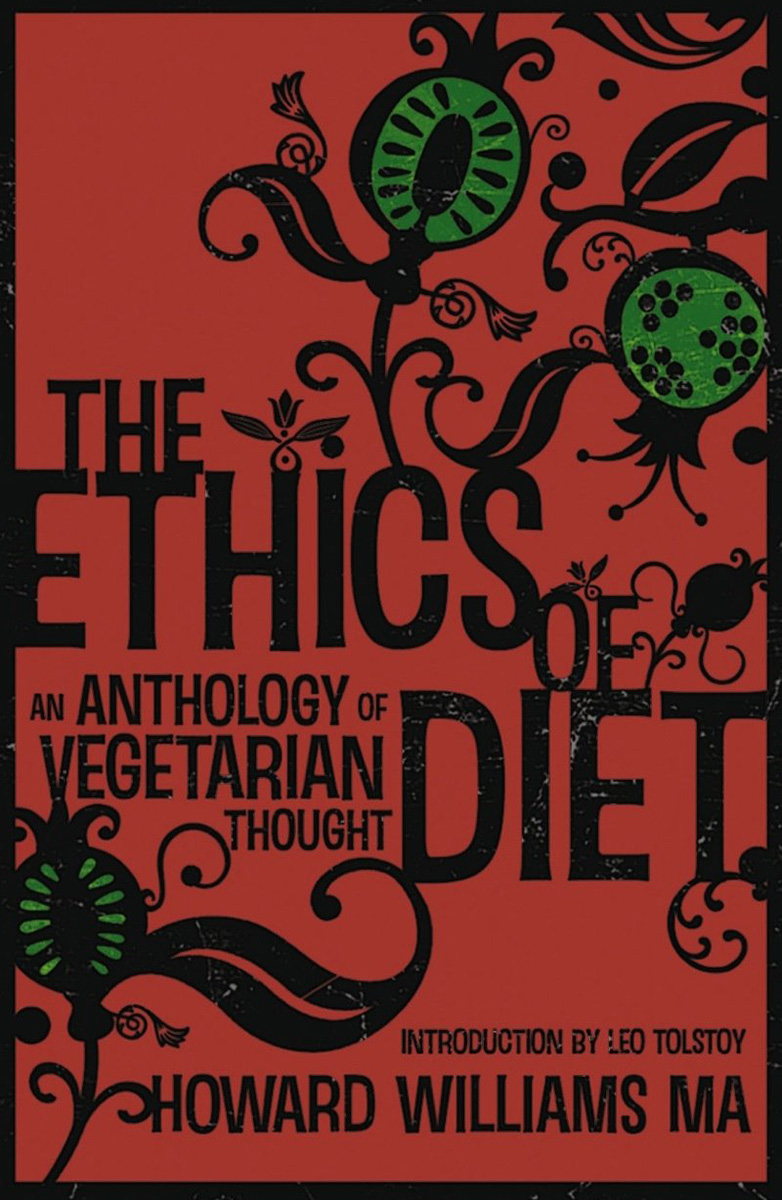Summary
This book is a history of vegetarianism as told through the writings of some of history’s great thinkers and writers. The author Howard Williams travels back in time to antiquity and from there moves through the centuries all the way up to his contemporaries in the 19th century. Leo Tolstoy was impressed with The Ethics of Diet; he had it translated into his native Russian and wrote the narrative for the Russian edition.
Throughout the ages, many of the world’s finest minds detested the eating of flesh and the cruelty that humans inflict on their fellow creatures. Buddha advocated a vegetarian diet for his monks and stated:
‘There hath been slaughter for the sacrifice,
and slaying for the meat, but henceforth none
shall spill the blood of life, nor taste of flesh;
seeing that knowledge grows and life is one,
and mercy cometh to the merciful.’
Pythagoras abstained from eating meat around the age of 19 as he believed that abstaining from flesh kept the soul pure. Lamblichus, who studied Pythagoras, stated that the great mathematician ‘Enjoyed abstinence from the flesh of animals, because it is conducive to peace; for those who are accustomed to abominate the slaughter of other animals as iniquitous and unnatural, will think it still more unjust and unlawful to kill a man or to engage in war.’
Arthur Schopenhauer, the German philosopher said: ‘Since compassion for animals is so intimately associated with goodness of character, it may be confidently asserted that whoever is cruel to animals cannot be a good man.’
Plutarch, Seneca, Plato, Shelley and Wagner all grace these pages and many more.

